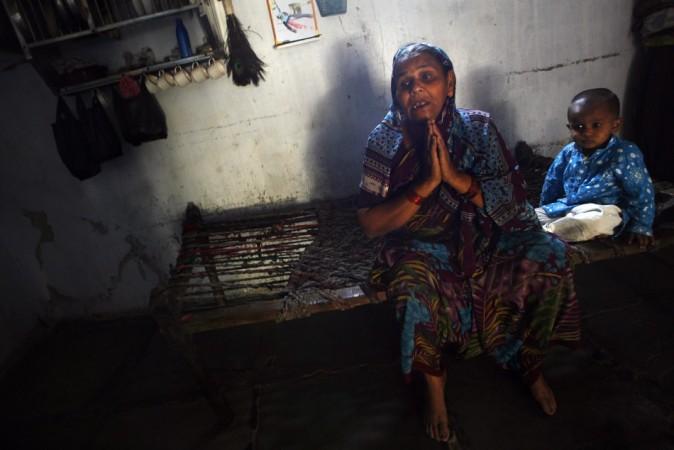
A special court in Ahmedabad Friday sentenced Maya Kodnani, former BJP minister, to 28 years of imprisonment after she was found guilty in the Naroda Patiya riots case.
The court awarded life imprisonment till death for former Bajrang Dal leader Babu Bajrangi and thirty others.
A bench comprising of Additional Principal Judge Jyotsna Yagnik Wednesday convicted 32 of the accused and acquitted 29 in the case.
Naroda Patiya massacre was one of the worst cases of the post-Godhra riots, in which over 95 people belonging to a minority community were killed by the rioting mob.
Kodnani and Bajrangi were the two high-profile leaders to be convicted in the case. The bench found them guilty of murder under Section 120 B (criminal conspiracy) and 302 (murder) of the Indian Penal Code.
Following the convictions of the accused, the counsels of the victims had sought the court to award the death punishments for the convicts. Special public prosecutor Akhil Desai had contended that this case fell under the "rarest of rare" category and hence the court should give the highest punishment permitted by the Constitution to the convicts.
Prosecution of Kodnani has dealt a significant blow to Gujarat Chief Minister Narendra Modi's efforts in his aspiration for the post of the prime minister. Kodnani is believed to have had a close relationship with Modi.
Modi is being projected as the BJP's potential candidate for the top post in the 2014 general elections. However, some of the NDA allies have already expressed their displeasure for portraying Modi as the possible prime minister candidate of the NDA, given his alleged complicity in the 2002 Gujarat riots.
The subsequent communal clashes and massacre in Gujarat in 2002 occurred after 58 pilgrims in the S6 compartment of the Sabarmati Express train at Godhra railway station, returning from Ayodhya, were burnt to death. This was touted as a pre-conceived conspiracy and led to stirring up of violence between the Hindus and the Muslims.
After the news of the Godhra train carnage broke out, thousands of people were killed and several places of worship and public properties were damaged by unruly mobs. The nature of this violence still remains politically controversial.














